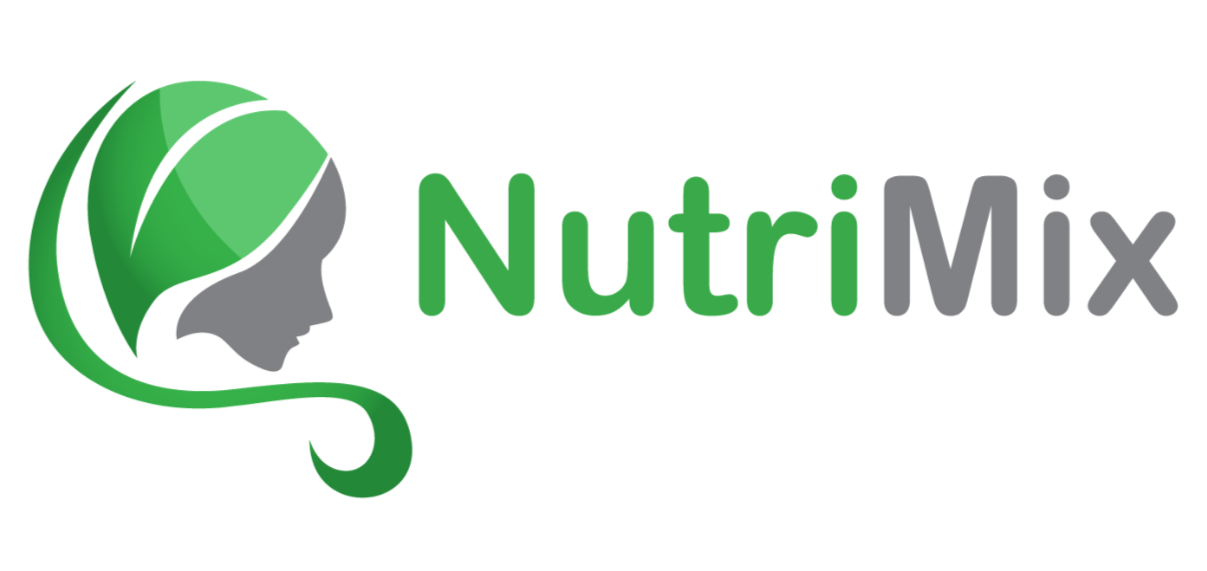Protein is often the star of many nutrition conversations, and for good reason. It’s an essential macronutrient that plays a pivotal role in building and repairing tissues, supporting immune function, and aiding in the production of hormones and enzymes. But did you know that protein needs and its benefits change as we go through different stages of life? In this blog post, we’ll explore why protein is vital at every age and how you can ensure you’re getting enough of it to support lifelong health.
Why Protein Matters
Proteins are made up of amino acids, the building blocks that your body uses to repair muscles, organs, and tissues. Unlike fats and carbohydrates, your body doesn’t store amino acids, making it necessary to get a consistent supply through your diet. Protein is essential for:
- Growth and Development: Especially critical during childhood and teenage years.
- Muscle Maintenance and Repair: Helps adults stay strong and recover from exercise or injury.
- Preventing Muscle Loss: Important for older adults to maintain muscle mass and prevent frailty.
- Immune Function: Supports the production of antibodies that fight off infections.
- Hormone Production: Assists in regulating bodily functions like metabolism and mood.
- Satiety and Weight Management: Helps you feel fuller longer, aiding in weight control and reducing unhealthy snacking.
The Role of Protein at Different Life Stages
1. Protein Needs in Childhood and Adolescence
Growing bodies need plenty of protein to support rapid growth and development. During these stages, protein is necessary for building muscles, supporting organ growth, and fueling brain development. Insufficient protein intake can lead to stunted growth and reduced cognitive function in children and teenagers.
Best Sources for Kids and Teens:
- Lean Meats (chicken, turkey, lean beef)
- Eggs – A versatile and complete source of protein.
- Dairy Products – Milk, cheese, and yogurt provide both protein and calcium, essential for bone development.
- Plant-Based Options – Beans, lentils, and tofu for vegetarian families.
Tip: Including a source of protein in every meal helps kids stay full longer and provides steady energy throughout the day. Add peanut butter to morning toast, sprinkle cheese on pasta, or serve hummus as a snack with fresh veggies for a protein boost.
2. Protein for Adults: Building and Repairing
As adults, protein remains crucial for muscle maintenance, tissue repair, and overall health. The body uses protein to recover from workouts and everyday wear and tear, making it a cornerstone for active individuals and athletes. It also plays a key role in supporting mental clarity and productivity.
Best Sources for Adults:
- Fish – Rich in protein and healthy fats, like salmon and mackerel, which also provide omega-3s for brain health.
- Poultry – A lean, high-quality protein that’s easy to prepare in many dishes.
- Legumes and Beans – Great for those looking for non-animal sources; packed with fiber and minerals.
- Nuts and Seeds – Provide protein along with beneficial fats, vitamins, and antioxidants.
Tip: Adults should aim for a balanced intake of protein spread throughout the day, which can help maintain muscle mass and support a healthy metabolism. A simple way to ensure you get enough protein is to include a source of protein in every meal and snack, such as Greek yogurt or a handful of almonds.
3. Protein Needs for Seniors: Preventing Muscle Loss
As we age, our muscle mass naturally declines, leading to a higher risk of frailty and falls. This condition, known as sarcopenia, can be mitigated by consuming adequate protein and engaging in strength-training exercises. Seniors may also need slightly more protein to support their muscle health compared to younger adults. Additionally, maintaining muscle mass can help with balance and overall mobility, which are essential for independence.
Best Sources for Seniors:
- Lean Meat and Fish – Easy to digest and packed with high-quality protein.
- Greek Yogurt – Contains more protein than regular yogurt and is gentle on the stomach, making it a perfect option for breakfast or a snack.
- Eggs – Easy to prepare and full of essential amino acids. Boiled, scrambled, or in omelets, eggs can be adapted to any taste.
- Protein-Rich Smoothies – A great way to ensure protein intake for those who struggle with appetite or chewing. Add protein powder, milk, banana, and a handful of spinach for a nutrient-dense drink.
Tip: Pairing protein with foods rich in vitamin D and calcium can further support bone and muscle health. Seniors should also consider including foods that are easy to chew and digest to ensure comfort and regular consumption.
How Much Protein Do You Really Need?
Protein needs vary based on age, activity level, and health status. As a general guideline:
- Children (ages 4-13): About 19-34 grams per day, depending on age and size.
- Teenagers (ages 14-18): About 46-52 grams per day.
- Adults: Approximately 46 grams for women and 56 grams for men, depending on body weight and activity. Active individuals or those who engage in regular strength training may require more.
- Older Adults: Some studies suggest increasing to 1-1.2 grams per kilogram of body weight to prevent muscle loss and maintain overall health.
Common Myths About Protein
1. High Protein Diets Are Only for Bodybuilders
This is a common misconception. While bodybuilders do require more protein, the nutrient is vital for everyone. It supports daily bodily functions, boosts metabolism, and promotes muscle health, which benefits individuals of all activity levels.
2. Plant-Based Proteins Are Incomplete
While it’s true that many plant-based proteins do not contain all nine essential amino acids, combining different plant sources like rice and beans can provide a complete protein profile. Quinoa, soy, and hemp are examples of complete plant-based proteins.
3. Too Much Protein Can Damage Kidneys
For healthy individuals, there is no solid evidence that a high-protein diet harms the kidneys. However, those with pre-existing kidney conditions should monitor protein intake as recommended by a healthcare professional.
Combining Protein with Other Nutrients
To maximize the benefits of protein, combine it with other essential nutrients:
- Pair Protein with Healthy Carbs: This combination helps replenish energy stores, especially after physical activity. Brown rice with chicken or lentils with sweet potatoes are great examples.
- Include Healthy Fats: Healthy fats such as avocados or olive oil can aid in the absorption of fat-soluble vitamins. Add avocado slices to a turkey sandwich or drizzle olive oil over grilled salmon.
- Add Fiber: Fiber-rich foods like vegetables or whole grains improve digestion and overall satiety. Serve your protein with a side of roasted vegetables or a quinoa salad.
Easy Protein-Packed Meal Ideas
- Breakfast: Greek yogurt parfait with nuts, seeds, and fresh berries. Sprinkle a bit of flaxseed for added omega-3s.
- Lunch: Grilled chicken salad with quinoa, spinach, avocado, and cherry tomatoes. Drizzle with a lemon vinaigrette.
- Snack: Hummus with baby carrots or apple slices with almond butter.
- Dinner: Baked salmon with a side of brown rice and steamed broccoli. Add a squeeze of lemon for extra flavor.
- Vegetarian Option: Lentil curry served over basmati rice with a sprinkle of cilantro. Pair it with a side of cucumber raita for added freshness.
Final Thoughts
Whether you’re a growing teenager, an active adult, or a senior looking to stay strong and healthy, protein plays a crucial role in your diet. By understanding its importance and including a variety of protein sources in your meals, you can support your body’s needs at every stage of life. Make protein a priority, and watch how it strengthens your body, enhances your mood, and supports long-term health.
Challenge for the Week: Try incorporating one new protein source into your diet and track how it makes you feel. Experiment with a new recipe or a plant-based protein option and see how it impacts your energy and overall well-being. Your future self will thank you!



